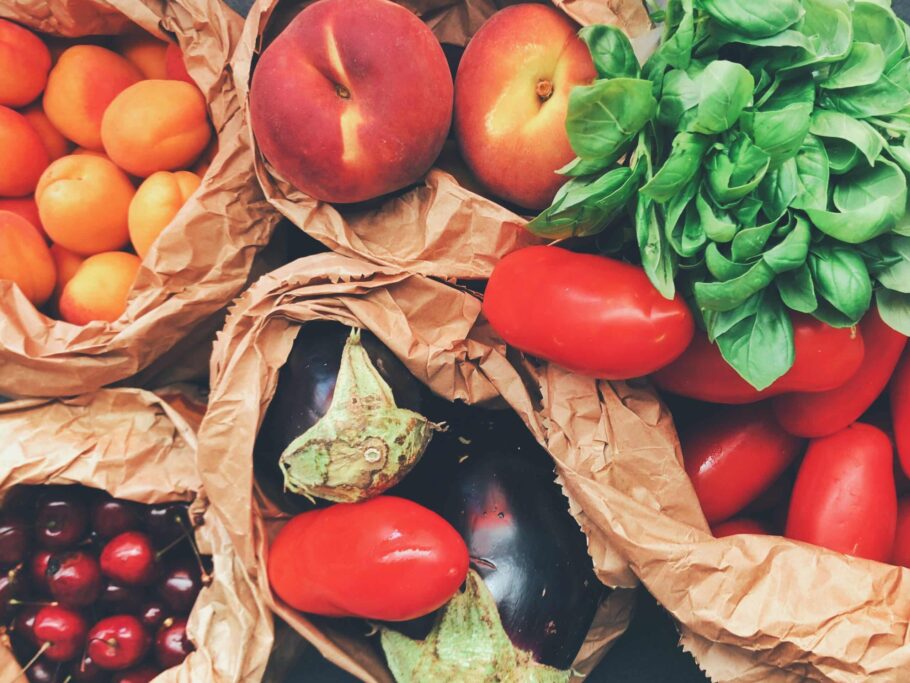As Weight Management Nutritionists, we talk about food, a lot. I find it particularly valuable to hear about peoples’ struggles and concerns around food, because it helps me to see the big picture of our food environment today, and what encourages people to make the choices they do. It also makes me think hard about what needs to be done to fix things.
A very hot topic at the moment is food waste. You might be thinking about leftovers on your plate, the cucumber turning to mush in the veg drawer, or the potatoes sprouting little green shoots at the back of the cupboard. Sadly, whilst these things contribute, food waste is much bigger than this. Research shows around 30% of all food that is produced is wasted. With the amount of wasted food, we could feed each person on earth who doesn’t have enough to eat.
When food is wasted, the energy used to grow, harvest, package and transport it, is also wasted. And that wasted food, when discarded in landfill, has another impact – it releases methane – a greenhouse gas and major contributor to climate change. In the United States, the production of food that goes to waste generates greenhouse gas emissions equivalent to 37 million cars’2.
Climate change, wasted calories, undernourished people, wasted food – there’s a lot going on here.
So, why are we wasting a third of all the food we produce? If you’ve ever had a conversation with someone who lived through the war, you’d likely find them saying they savoured every morsel of food, that times were lean, and that all food was used up. It’s a different picture today.
Food production methods have advanced massively in the last 50 years, meaning food companies can produce more, for less money, and in less time. It means where once we were aware of the energy we would use kneading a loaf of bread, the time needed for it to prove, and the fuel used in its baking, we can now buy a loaf of bread cheaper than it costs us to make it ourselves, and with none of the time. When food is produced in large quantities, it’s more likely some of it won’t be eaten – around 30% of it.
Back to talking about food. Through conversations, we can see people have real and valid concerns around food waste – here are a few that stick in my mind:
- ‘I live alone, and most things are portioned in 2s.’
- ‘I don’t want to eat the same meal several days in a row.’
- ‘It’s cheaper to buy packaged fruit and veg than loose, so I always end up wasting some.’
- ‘Deliveroo have a minimum order amount which is more than I can eat.’
- ‘There is usually a ‘2 for 1’ or ‘buy one get one half price’ offer – it’s better value to buy more, even if we don’t end up eating it before the use by date.’
Interestingly, these concerns are also often also reasons people eat more than they need, and contribute to people gaining weight – something else on peoples’ minds at the moment.
So, what can we do to avoid both eating more than we need to, and to avoid wasting food?


